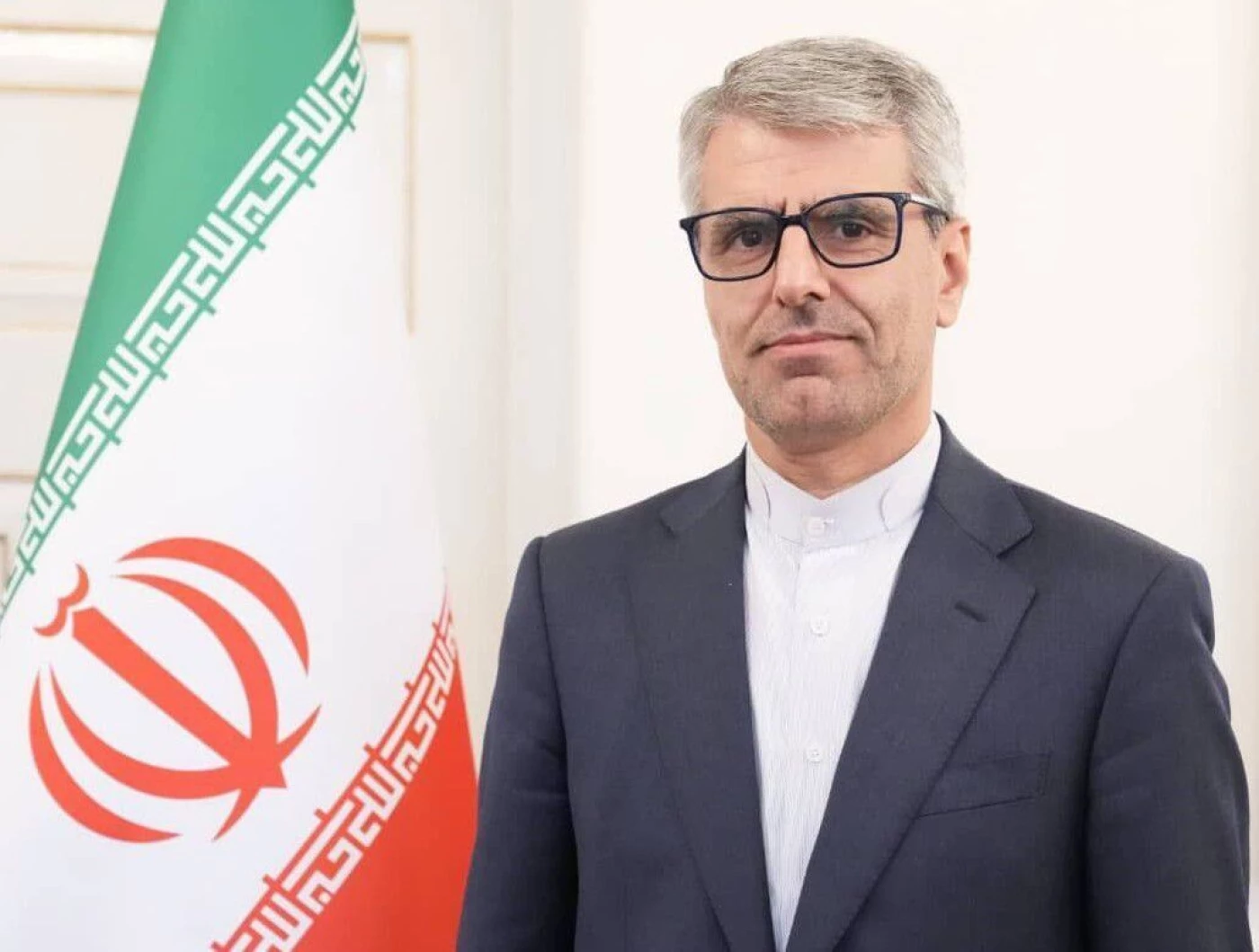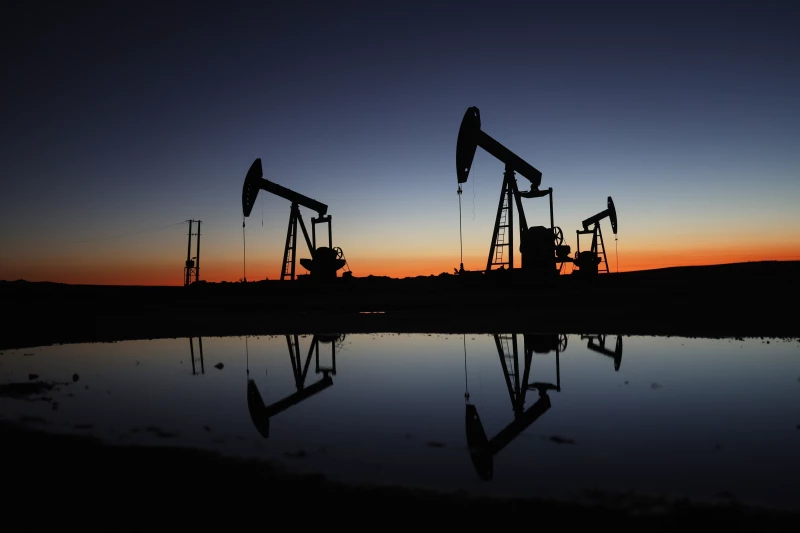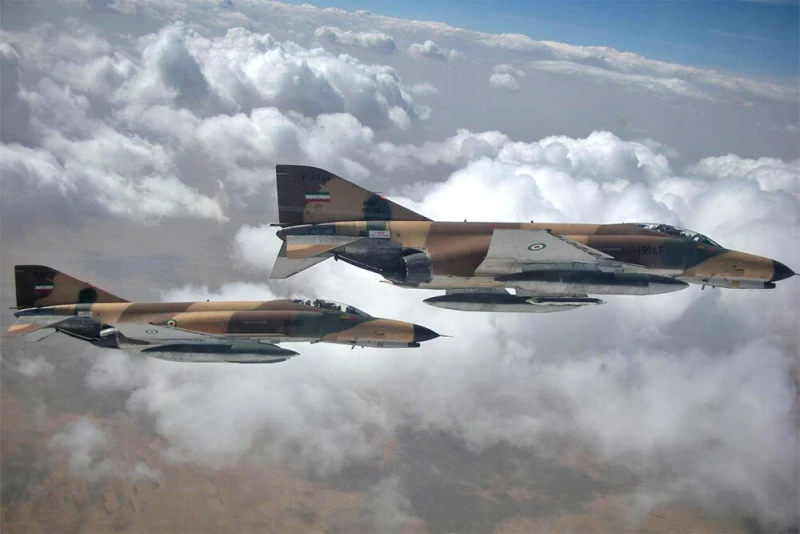ERBIL, Kurdistan Region of Iraq - Iran will give diplomacy “a genuine chance” in nuclear talks with the US, which are set to begin on Saturday in Oman, said foreign ministry spokesperson Esmaeil Baqaei in a post on X.
After weeks of escalating rhetoric and US military posturing, Tehran and Washington are back on track for diplomacy, with talks scheduled in Oman to address the nuclear issue, per an announcement by President Donald Trump and confirmation from the Iranian authorities.
The Washington-Tehran talks are to be mediated by the Omani government.
"We are giving diplomacy a genuine chance in good faith and full vigilance,” Baqaei said, adding that the US "should value this decision, which was made despite their hostile rhetoric."
Iran's Foreign Minister Abbas Araghchi and President Donald Trump's Special Envoy to the Middle East Steve Witkoff are to lead the dialogue. The precise format has yet to be clarified, as Tehran insists on indirect talks while Washington pushes for direct engagement.
“We do not prejudge…We do not predict…We intend to assess the other side’s intent and resolve this Saturday,” the Iranian foreign ministry spokesperson wrote.
“We shall reflect and respond accordingly.”
The US, European powers, and the International Atomic Energy Agency (IAEA) have repeatedly raised concerns that Tehran is accelerating on its path toward developing nuclear weapons.
To ensure that Iran will never get its hands on nuclear arms, the administration of Trump has been relentlessly pushing Tehran to come to the negotiating table.
Iran's President Masoud Pezeshkian has recently said that Tehran "by no means" seeks a military conflict with the US, but is fully prepared to defend its sovereignty without hesitation in a phone conversation with Saudi Crown Prince Mohammed bin Salman.
In late March, Trump threatened that if Tehran does not make a deal on the nuclear issue, “there will be bombing. It will be bombing the likes of which they have never seen before.”
In early February, Trump signed a memorandum restoring his "maximum pressure" policy against Iran, which entails a series of extensive sanctions on Tehran and new economic measures to pressure the country.
In 2015, world powers agreed to ease international sanctions on Iran in exchange for curbs on Tehran’s nuclear program, a deal that came to be known as the Joint Comprehensive Plan of Action (JCPOA).
The United States, during the first Trump administration, unilaterally withdrew from the landmark and reimposed economic sanctions, causing extensive damage to the Iranian economy.



 Facebook
Facebook
 LinkedIn
LinkedIn
 Telegram
Telegram
 X
X


